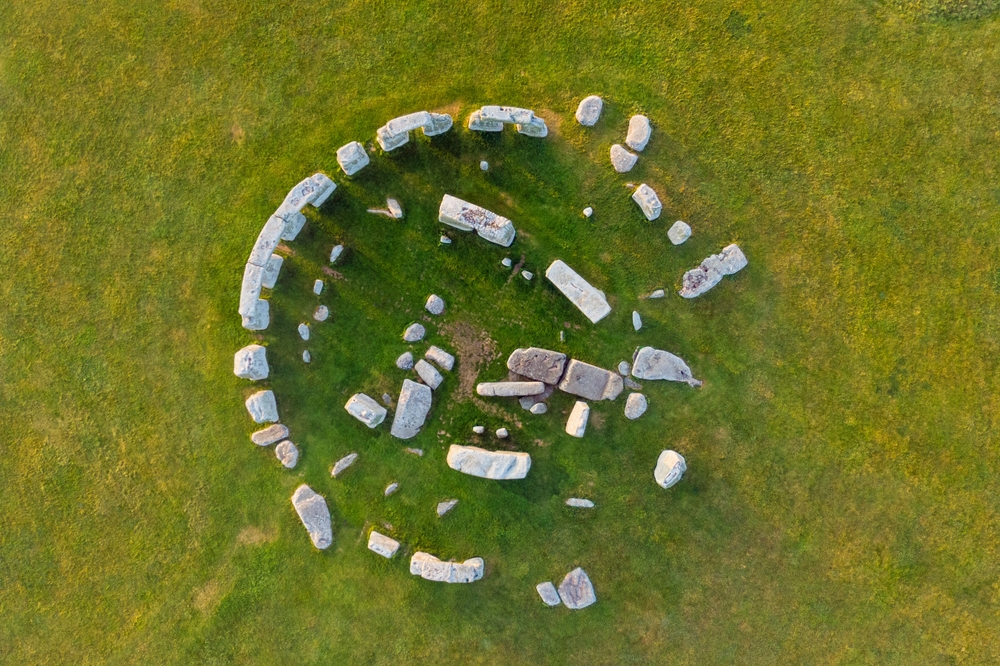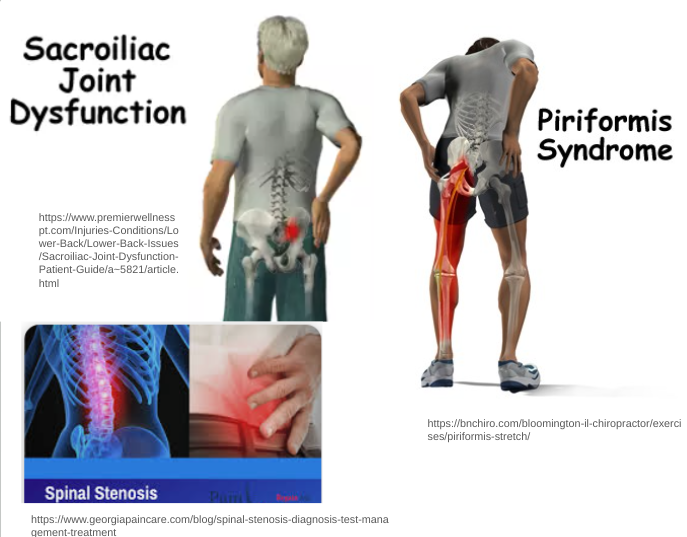Scientists may have discovered an exciting new treatment for hereditary-patterned baldness, a condition that affects millions globally. Early-stage research suggests that a naturally occurring sugar, deoxyribose, could be a game-changer in promoting hair growth.
Hair Loss Surprising Discovery
The journey began with a study at the University of Sheffield in the United Kingdom and COMSATS University Islamabad in Pakistan. Researchers were investigating the wound-healing properties of deoxyribose, a sugar critical in the structure of DNA.
While applying the sugar to skin injuries on laboratory mice, scientists observed unexpected results: the fur around the treated wounds regrew significantly faster than untreated areas. This discovery paved the way for further exploration of deoxyribose’s impact on hair follicles.
Testing on Mice
In a controlled study published in June 2023, male mice experiencing testosterone-driven hair loss—a common model for male-pattern baldness—were selected. Researchers shaved fur from the animals’ backs and applied a gel infused with deoxyribose sugar daily.
Key Observations:
- Rapid hair regrowth: Within 20 days, the treated mice exhibited significant fur regrowth, with long, thick individual hairs in the targeted areas.
- Comparable results to minoxidil: The sugar gel performed as well as minoxidil, a leading FDA-approved hair loss treatment.
- Minimal difference with combination treatments: Combining deoxyribose gel and minoxidil did not yield results superior to using each treatment individually.


Understanding the Science Behind It
Although the exact mechanism is yet to be determined, researchers noted a proliferation of blood vessels and skin cells in the treated areas. This may enhance blood flow to hair follicles, enabling thicker and more robust hair regrowth.
“The better the blood supply to the hair bulb, the larger its diameter and the more hair growth,” wrote the research team, led by Muhammad Anjum, a biomaterial researcher from COMSATS University.
Treatment Potential
Hereditary-patterned baldness (androgenic alopecia) is a widespread condition influenced by genetics, hormonal factors, and age. Affecting up to 40% of the global population, it manifests differently in men and women.
Existing Treatments:
| Treatment | Effectiveness | Side Effects and Limitations |
|---|---|---|
| Minoxidil | Promotes hair growth, slows loss | May not work for all; potential for scalp irritation and inconsistent results. |
| Finasteride | Slows loss in 80–90% of male users | Side effects include erectile dysfunction, reduced libido, and depression; not FDA-approved for women. |
If deoxyribose gel proves effective in human trials, it could provide a much-needed alternative. Researchers speculate its applications might extend to stimulating regrowth for those recovering from chemotherapy or experiencing alopecia areata.
Next Steps
The study marks an exciting early chapter in understanding the potential of deoxyribose for hair regrowth. Further research will be essential to determine its effectiveness in humans, as the current results stem only from male mouse models.
“This is very much early-stage research,” emphasized MacNeil. “But the results are promising and warrant further investigation.”
Future studies may also explore the gel’s impact on female mice and human subjects experiencing testosterone-driven alopecia, opening the door to more inclusive solutions.
For now, this natural sugar offers a glimmer of hope for millions seeking effective, minimally invasive hair loss treatments.
The study was published in Frontiers in Pharmacology.
Got a reaction? Share your thoughts in the comments
Enjoyed this article? Subscribe to our free newsletter for engaging stories, exclusive content, and the latest news.









Leave a Comment